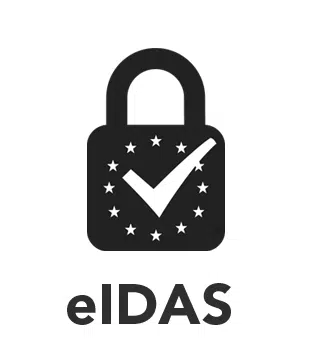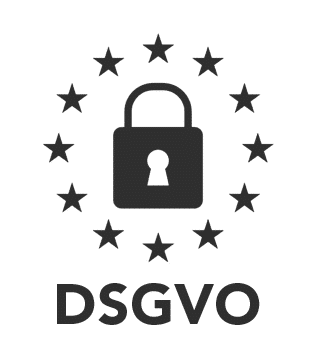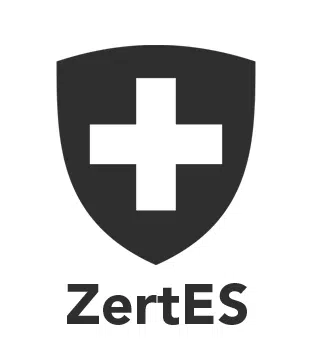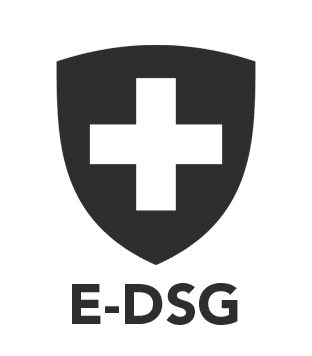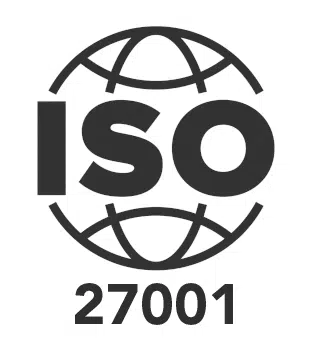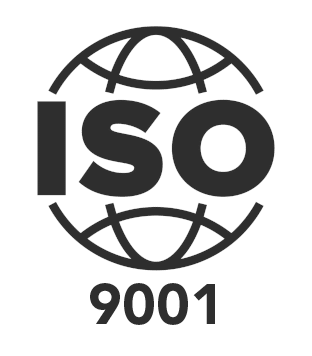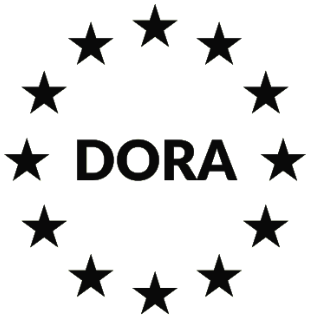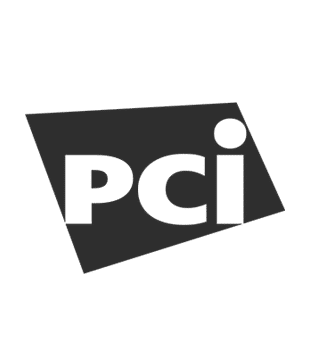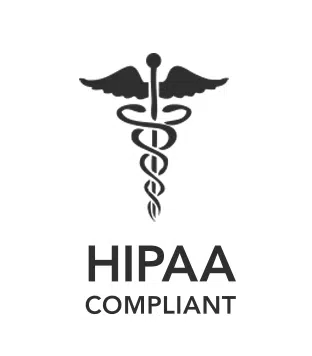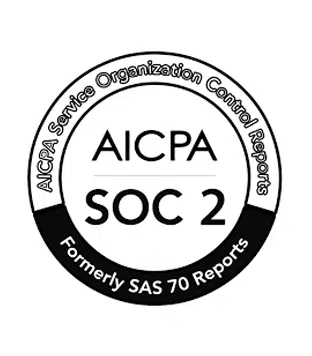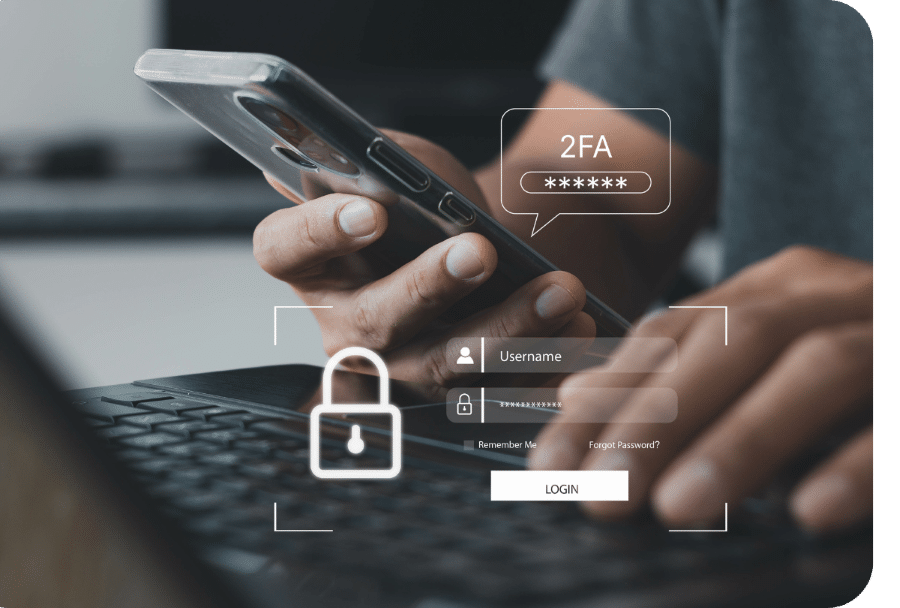
The qualified electronic signature.
eSignature with the same legal validity
as a handwritten signature.
eSignature with the same legal validity as a handwritten signature.
What is a qualified electronic signature (QES)?
The basis for all forms of electronic signature is the eIDAS Regulation of the European Parliament and the Council of the European Union. eIDAS is the English abbreviation for electronic IDentification, Authentication and Trust Services. The name stands for REGULATION (EU) No 910/2014 OF THE EUROPEAN PARLIAMENT AND OF THE COUNCIL of 23 July 2014 on electronic identification and trust services for electronic transactions in the internal market and repealing Directive 1999/93/EC, which was in force until then.
As an instrument of legal harmonization, the eIDAS Regulation simplifies electronic signatures and promotes the expansion of digital solutions at the pan-European level. The QES is defined in Article 3 line 12 as “an advanced electronic signature created by a qualified electronic signature creation device and based on a qualified certificate for electronic signatures”.
The eIDAS Regulation radiates the legal certainty that has motivated investment in transformation processes in many places in the first place. Article 25, Paragraph 2 of the eIDAS Regulation stipulates that the qualified electronic signature has the same legal effect as a handwritten signature.
QES: the role of a trust center
Qualified and thus, state-certified trust centers are, for example, A-Trust (Austria), D-Trust (Germany) or Swisscom Trust Services (Switzerland). They ensure the maximum evidential value of a QES. They trigger legally secure qualified signatures by issuing electronic certificates. In Article 24, Paragraph 1, the eIDAS Regulation specifies: “When issuing a qualified certificate for a trust service, the qualified trust service provider shall verify, by appropriate means and in accordance with the respective national law, the identity and, where applicable, the specific attributes of the natural or legal person to whom the qualified certificate is issued.”
The key tasks of a trust center are:
- issuing qualified certificates for electronic signatures
- electronic time stamping
- validation of electronic signatures
- archiving of electronic signatures
Trust service providers: the “trust list”
Companies that process electronic signatures of any signature quality in their processes with MOXIS, for example, pay for qualified electronic signatures via the number of MOXIS licenses purchased. The eSignature platform by XiTrust supports every form of electronic signature. The depth of integration means that MOXIS users can remain on the familiar interface of their preferred office system (e.g. SAP) and trigger signatures of any quality. MOXIS then operates “in the background”.

Which signature quality for which document?
The necessary signature quality always depends on the individual case. As a rule of thumb, not all digitally signed documents necessarily require a qualified electronic signature, i.e., with the same legal effect as a handwritten signature. In many cases, a standard electronic signature or an advanced electronic signature is sufficient.
1. Standard electronic signature for:
- delivery offers (suppliers)
- orders (purchasing)
- internal company documents
- internal approval processes (“routing slips”)
- notices
2. Advanced electronic signature for:
- purchase and rental agreements
- account openings
- basic forms of employment contracts
3. Qualified electronic signature for:
- personnel leasing contracts
- employment contracts
- consumer loan agreements
- various official documents
Written form requirement
In Germany, legislation formulates the mandatory use of the qualified electronic signature in § 126 BGB as a “written form requirement”. Whenever this is given, a digitally signed document only achieves its validity through the QES. But beware: although signatures cannot be rejected by a court of law under the eIDAS Regulation because they are provided digitally, there are individual cases in which electronic signatures are not permitted. The most important example is notarial certification, but also the termination of employment contracts!
Requirements for the QES
Alternatively, individuals can also have their digital identity issued in person through the service of a public identification office. In contrast to the video ID procedure, this solution is more time-consuming and cost-intensive, as fees are incurred for official identification. Companies usually use their own registration officers: these are specially trained personnel who are authorized to register digital identities within the company.
Double encryption
A qualified electronic signature is created by means of two-factor authentication. This is based on the exchange of a public key and a non-public key: The public key is accessible to any person. It enables the signature to be verified. In contrast, the use of a private key can only be authorized by the signatory. The key pair ensures data integrity and authenticity.
The qualified electronic signature: conclusion
QES is not required for all documents; it is prescribed by law only in the individual cases described above. Nevertheless, QES puts an immediate end to any form of legal uncertainty, because it is the digital equivalent of handwritten signatures. The QES also saves time, because there is no longer any need to check each individual case. In the end, the QES stands for an “all-round worry-free” package.
More resources.
The digital signature
eSignature, digital signature, electronic signature:
what’s behind it.
